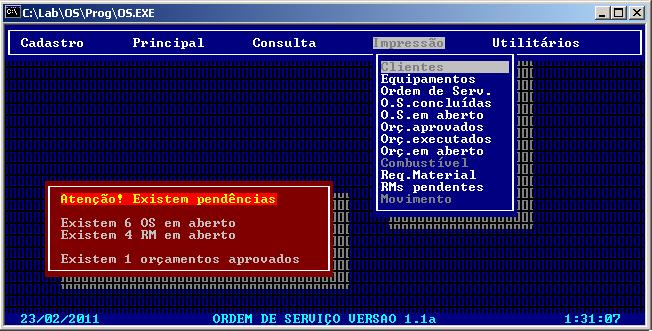I quickly read this thread and want to add my thoughts and ideas (I apologize in advance if such things have already been talked about).
As cool as building your own suite yourself that does exactly what you want sounds, for beginners I think we'd need at least a good programming suite with easily accessible documentation (most documentation for DOS exists on the web, but it's scattered everywhere), examples. This could eventually build a community of programmers that could help each other without wondering about strange compiler quirks, etc.
Such thing have been done for the Game Boy for example.
Another needed feature that seems *almost* there would be an emulator with an easily accessible debugger. DOSBox seems to have it, but you need a special version and it didn't feel intuitive at all in my experience. Viewing how other programs work (or even your own) could help a lot.
Again this exists for game console programming, so why not PC/DOS ?
When I was teaching myself asm, EMU8086 was incredibly useful as I could step through my program, viewing exactly which instruction was being executed and where it could get stuck, but I found myself rather limited very quickly.
A graphic designing tool would be nice too. It may not sound that useful at a first glance, but since DOS' resolution often don't use square pixels it's more useful than you may think. Maybe not a full blown editor since gimp and photoshop are just much better image manipulation tools, but maybe a suite of tools for images (A DOS screen "emulator" with the non square pixels, composite artifacting, dithering a picture with more color depth, compressing images in a way that can easily be decompressed from the game ...)
Another thing that came to me : you've been talking about lightweight versions of python that could be ported to DOS without to much effort. Do these lightweight versions of python support adding libraries ? Maybe a "DOS" library for python could be made, with functions to access to the CGA/EGA/VGA cards (maybe even more ?) ? There's even something named "cython" that can turn python code into C code which can then be compiled.
With such thing, making the game's logic could be far easier (which depending of the game you're making, might not be really demanding).
Also, I am myself looking for programming a DOS game right now, and some of my concerns are about how to build the app itself exactly ? Of course each game is different so there is no clear path anyways, but as I've been taught object oriented programming at school, I don't really know which design pattern are preferred when writing code with no object oriented programming and pretty much "DOS" limitations in mind.
Maybe I just didn't look in the right places ? Maybe there's just no answer ?
Something that seems even harder to make for me than VGA graphics is how to handle sound. I have literally no idea how I can do that, and finding answers is very hard as modern game devs often just throw a music file in their game engine and voilà, you have music. The "gun shoot" even happens ? Play "gunshoot1.mp3", done ... but it's not how DOS works.

